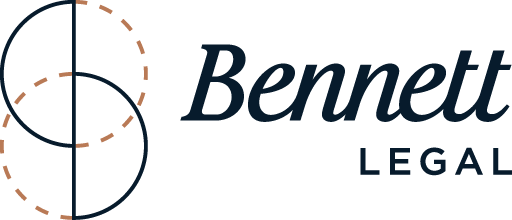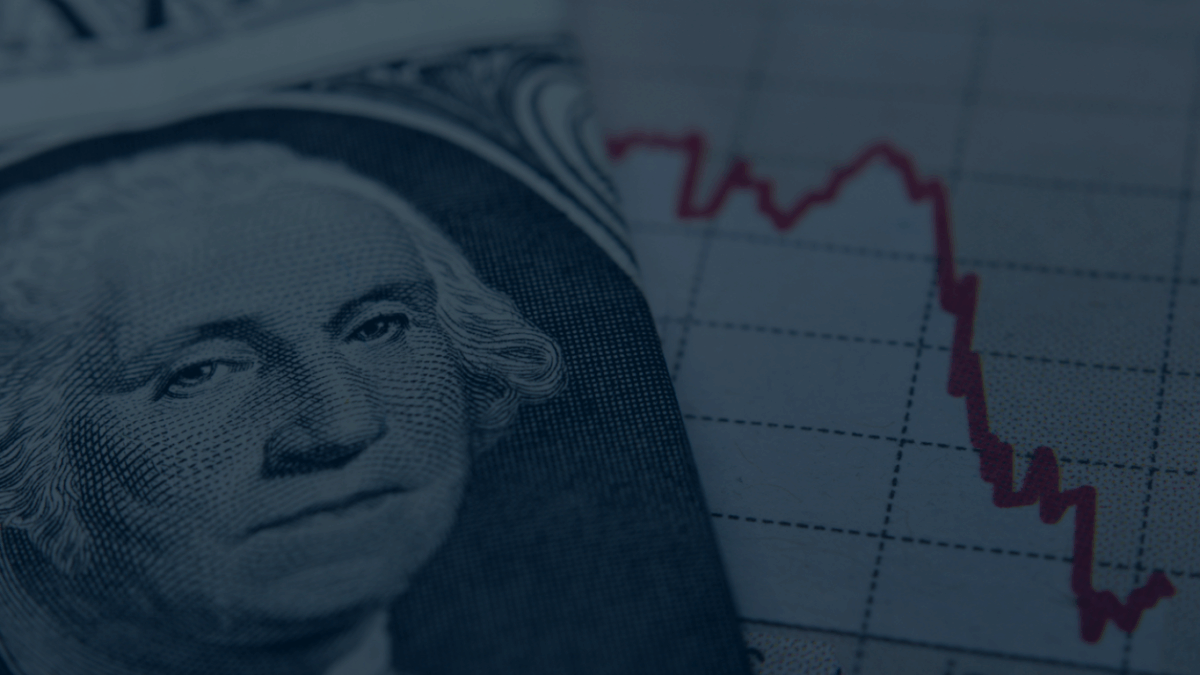
Financial crises have a way of rippling through the lives of everyday people, often leaving a trail of confusion and hardship in their wake. If you were a homeowner during the 2007-2008 housing crisis, you might remember the anxiety and uncertainty that came with it.
The crisis was a stark reminder of how quickly financial stability can be upended, as many found themselves grappling with plummeting home values and mounting mortgage debts. A time when trust in financial institutions was severely tested, and the repercussions were felt far and wide.
As we reflect on the 2007-2008 housing crisis, it’s hard not to notice the striking similarities with the current solar panel fraud boom.
During the housing crisis, many homeowners were lured by the allure of easy mortgages and the dream of homeownership, only to find themselves trapped in a web of complex financial products and deceptive practices. Similarly, the solar panel industry, with its promise of sustainable energy and reduced utility bills, has attracted countless homeowners eager to invest in a greener future.
Understanding the parallels between the 2007-2008 housing crisis and the current solar panel fraud boom is not just an academic exercise—it’s a crucial step in safeguarding your financial well-being. By recognizing the patterns of deception and exploitation that have emerged in both scenarios, you can better equip yourself to avoid similar pitfalls.
2007-2008 Housing Crisis: Timeline, & How it Unfolded
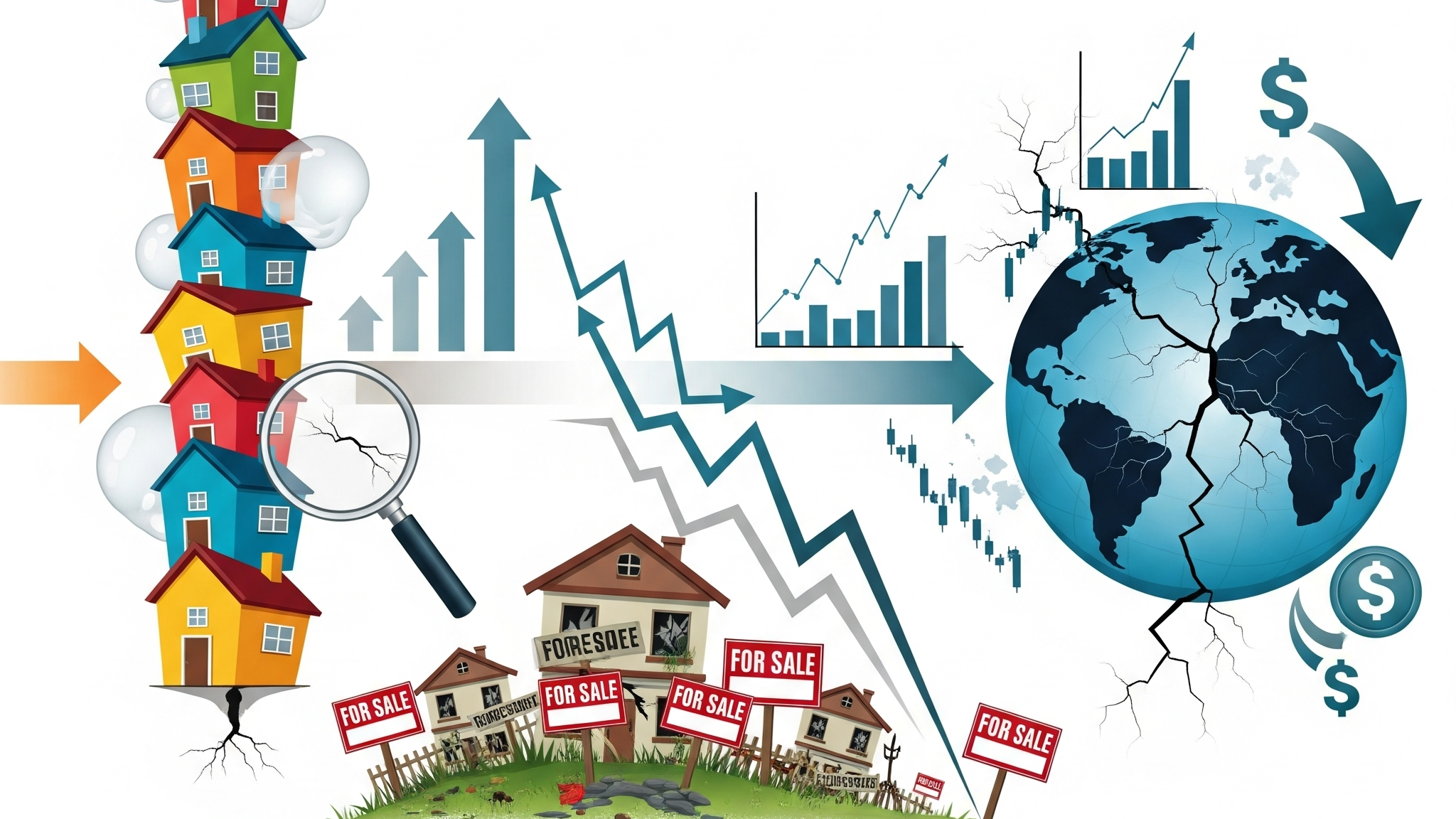
The 2007-2008 housing crisis was not just a series of unfortunate events; it was a seismic shift that affected millions of lives, and the numbers tell a sobering story.
It all began in the early 2000s, when a booming housing market and low interest rates made homeownership seem more accessible than ever.
- Subprime Mortgages and Initial Rates:
- Banks and lenders indeed offered subprime mortgages to individuals with less-than-perfect credit. These loans often had low initial rates that later increased, which is a faithful representation of the lending practices at the time.
- Rising Housing Prices and Market Sentiment:
- The sense of invincibility and the risky financial behaviors that followed are accurately described. The proliferation of mortgage-backed securities was a significant factor in the crisis.
- Unsustainable Bubble and Lack of Understanding:
- The description of the unsustainable bubble and the lack of understanding of complex financial products by consumers and investors is accurate. The absence of stringent regulatory frameworks allowed these risky behaviors to go unchecked.
- Interest Rates and Foreclosures:
- The sequence of rising interest rates, stalling housing prices, and subsequent foreclosures is correctly outlined. This chain of events was a critical trigger for the crisis.
- Regulatory Oversight and Deregulation:
- The lack of regulatory oversight and the impact of deregulation are well-documented contributors to the crisis. This allowed financial institutions to engage in risky practices without adequate checks.
- Ripple Effects and Economic Recession:
- The description of the ripple effects, including the collapse of financial institutions and the global recession, is accurate. The term “underwater” was indeed used to describe homeowners who owed more on their mortgages than their homes were worth.
The Devastating Effects

- At the height of the crisis, nearly 10 million homeowners faced foreclosure, a staggering figure that underscores the widespread impact on families and communities.
- The median home price in the United States dropped by over 30% from its peak in 2006 to its lowest point in 2009.
- This decline left many homeowners underwater, owing more on their mortgages than their homes were worth.
- The ripple effects extended beyond individual households, as the crisis contributed to a loss of over $7 trillion in household wealth.
- Unemployment rates soared, reaching 10% in October 2009, as businesses struggled to stay afloat in the turbulent economic waters.
Who Was Responsible for the 2007 Housing Crisis?
The 2007-2008 housing crisis was a complex web of actions and decisions made by various parties, each playing a role in the unfolding disaster.
- Banks & Mortgage Lenders: At the forefront, offering risky subprime loans to individuals who were often ill-equipped to handle them. These loans were bundled into mortgage-backed securities, which were then sold to investors, spreading the risk throughout the financial system.
- Rating agencies: Tasked with assessing the safety of these securities, they often gave them high ratings, despite the underlying instability. This created a false sense of security that encouraged further investment.
- Meanwhile, regulatory bodies failed to provide adequate oversight, allowing these risky practices to proliferate unchecked.
- Financial institutions: Driven by the pursuit of profit, engaged in aggressive lending, offering subprime mortgages to individuals who were often unable to afford them. These loans were then bundled into complex financial products, which were sold to investors under the guise of being low-risk.
Additionally, there was a widespread failure to adequately educate consumers about the risks associated with these financial products, leaving many homeowners vulnerable to foreclosure.
Role of the Federal Reserve & Financial Institutions
The Federal Reserve, in its efforts to stimulate the economy, maintained low interest rates in the early 2000s, which made borrowing more attractive and accessible. This environment encouraged financial institutions to extend credit more liberally, often without the rigorous checks that would ensure borrowers could meet their obligations. The lack of stringent oversight and the complex nature of these financial products meant that when the housing bubble burst, the impact was devastating. The Federal Reserve’s subsequent actions, including emergency rate cuts and bailouts, were aimed at stabilizing the economy, but for many homeowners, the damage was already done.
Parallels Between Solar Panel Fraud and the 2007 Housing Crisis
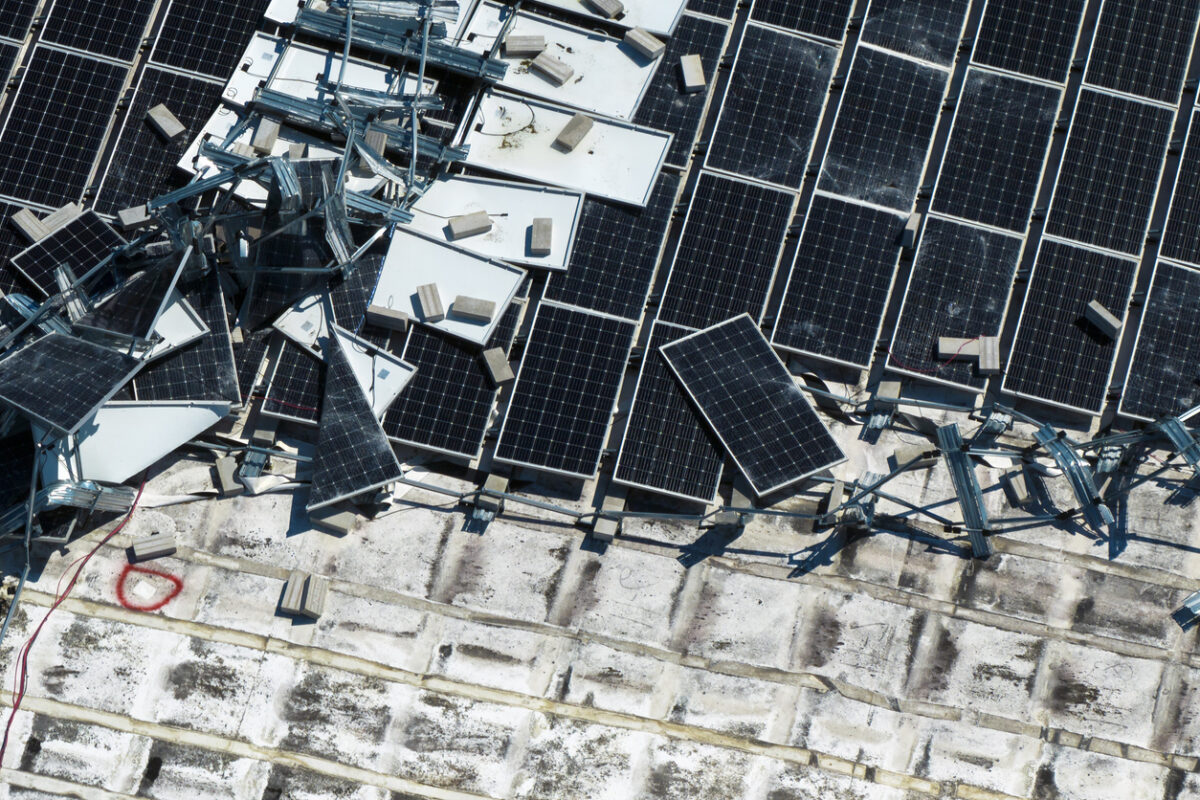
A hint of the systemic financial risks that echo those of the 2007 housing crisis can be observed in the rising solar panel industry.
| Aspect | 2007-08 Housing Crisis | Solar Panel Industry |
| Surge of Enthusiasm | Driven by the promise of homeownership and rising property values. | Driven by the promise of sustainable energy and reduced utility bills. |
| Complex Financial Products | Complex mortgage products that were poorly understood by consumers. | Misleading contracts and financing options that can leave homeowners vulnerable. |
| Lack of Transparency | Lack of transparency and oversight allowed predatory lending practices. | Lack of transparency and oversight allows unscrupulous actors to exploit consumers. |
| Consumer Vulnerability | Homeowners are drawn in by the allure of homeownership without understanding mortgage terms. | Homeowners are enticed by sustainable energy without fully understanding contract complexities. |
| Financial Instability | Resulted in foreclosures and bankruptcies. | Can lead to unexpected costs and financial strain. |
| Systemic Risks | Highlighted systemic financial risks in the housing market. | Echoes systemic financial risks in the solar panel industry. |
Both scenarios are marked by a surge of enthusiasm and investment driven by promises of long-term savings and sustainability. However, beneath this optimism lies a potential for exploitation and financial instability.
- Just as the housing market was flooded with complex mortgage products that were poorly understood by consumers, the solar panel industry is seeing a rise in misleading contracts and financing options that can leave homeowners vulnerable.
- In both cases, a lack of transparency and oversight allows unscrupulous actors to take advantage of eager investors, often leading to financial commitments that are not fully understood. This can result in unexpected costs and financial strain, much like the foreclosures and bankruptcies that followed the housing crash.
- In both cases, consumer vulnerabilities play a pivotal role in how these financial pitfalls unfold. During the housing crisis, many homeowners were drawn in by the allure of homeownership and the promise of rising property values, often without fully understanding the complexities of their mortgage agreements. This lack of understanding made them susceptible to predatory lending practices and risky financial products. Similarly, in the solar panel market, the promise of sustainable energy and reduced utility bills can be incredibly enticing.
Comparative Analysis: Housing Crisis vs. Solar Panel Fraud

Reflecting on the 2007-2008 housing crisis offers valuable lessons that can help you navigate the current challenges in the solar panel industry.
Strategies to Avoid Financial Pitfalls:
- Education and Understanding:
- Prioritize understanding the terms and conditions of any solar panel contract or financing option.
- Read all documents thoroughly and ask questions until you feel confident in your understanding.
- Seek independent advice from financial advisors or consumer protection agencies.
- Research and Choose Reputable Companies:
- Look for companies with a proven track record of customer satisfaction and ethical practices.
- Check reviews, testimonials, and any red flags that might indicate potential issues.
- Compare multiple offers to ensure you’re getting the best deal.
- Consider Long-term Implications:
- Evaluate maintenance costs and potential savings to ensure alignment with your financial goals.
- Importance of Due Diligence and Informed Decisions:
- Avoiding Predatory Practices:
- Learn from the housing boom where many were swept up in excitement without understanding mortgage terms.
- Delve into contract details, ask questions, and seek clarity on anything unclear or too good to be true.
- Making Informed Decisions:
- Consider long-term benefits and costs, including maintenance and potential savings.
- Ensure decisions align with your financial goals.
- Avoiding Predatory Practices:
Applying Past Lessons to Solar Panel Fraud
- Skepticism and Thorough Research:
- Approach offers with a critical eye, ensuring you understand terms and potential pitfalls before committing.
- Research companies, read reviews, and verify credentials to ensure you’re dealing with reputable providers.
- Value of Seeking Independent Advice:
- Consult with experts in the solar industry for clarity and guidance.
- Avoid overextending financially by assessing your budget and ensuring alignment with long-term financial goals.
- Mitigating Systemic Issues in the Solar Industry:
- Demand Transparency and Accountability:
- Ensure a clear understanding of terms, costs, and expected benefits before committing.
- Ask questions and seek clarification on anything unclear.
- Support Policies for Transparency and Consumer Protection:
- Advocate for regulations requiring clear labeling of costs, warranties, and performance expectations.
- Industry Leaders’ Role:
- Adopt best practices and self-regulate to prevent fraudulent activities.
- Foster a culture of integrity and innovation to build consumer trust and promote sustainable growth.
- Demand Transparency and Accountability:
Lastly, remember the power of community and shared knowledge. Engaging with others who have gone through similar experiences can provide insights and support, helping you make informed decisions. By applying these lessons, you can protect yourself and ensure that your investment in solar energy is both secure and rewarding.
Legal Protections and Remedies: Applicable Laws and Regulations
- Federal Trade Commission (FTC):
- Ensures companies provide clear and truthful information about their products and services.
- Requires substantiation and transparency for claims about energy savings or financial benefits.
- State Regulations:
- Govern solar panel installations, including licensing requirements for contractors and standards for equipment performance.
- Designed to ensure quality products and services from reputable providers.
- Truth in Lending Act (TILA):
- Requires clear disclosure of financing terms.
- Helps you understand the full cost of any loans or payment plans associated with your solar investment.
Conclusion
Investing in solar energy can be a rewarding decision for both your finances and the environment. However, the potential for solar panel fraud poses significant financial risks that must be carefully navigated. By drawing parallels with the 2007-2008 housing crisis, you can better understand the systemic financial risks and consumer vulnerabilities that exist in the solar panel market. Recognizing the importance of due diligence, informed decision-making, and understanding applicable laws and regulations can empower you to protect yourself from falling victim to deceptive practices.
Legal protections and remedies are available for those affected by solar panel fraud, including consumer protection laws and options for restitution. By following a step-by-step guide and seeking professional legal and financial advice, you can take control of the situation and work towards recovery. Remember, being proactive and informed is your best defense against potential fraud.
Every day you wait, your financial stability may be at greater risk. At Bennett Legal, we understand the complexities and challenges that come with solar panel contracts. We are here to support you in navigating these agreements and protecting your family’s financial future. Our team specializes in solar panel financing fraud and related legal matters, offering personalized guidance to help you manage contract implications with confidence. Whether you’re dealing with misleading contracts, unexpected costs, or other contractual concerns, we are committed to providing the expertise and empathy you need. Don’t let predatory solar contracts put your home or credit at risk.
Let us assist you in ensuring that your solar investments align with your goals and safeguard your loved ones. Whether it’s understanding financing terms, identifying red flags, or addressing unlawful practices, we know how to stop the damage before it spreads. Reach out now to secure your home, your credit, and your peace of mind.
Your financial future should not be left in the hands of dishonest solar companies.
